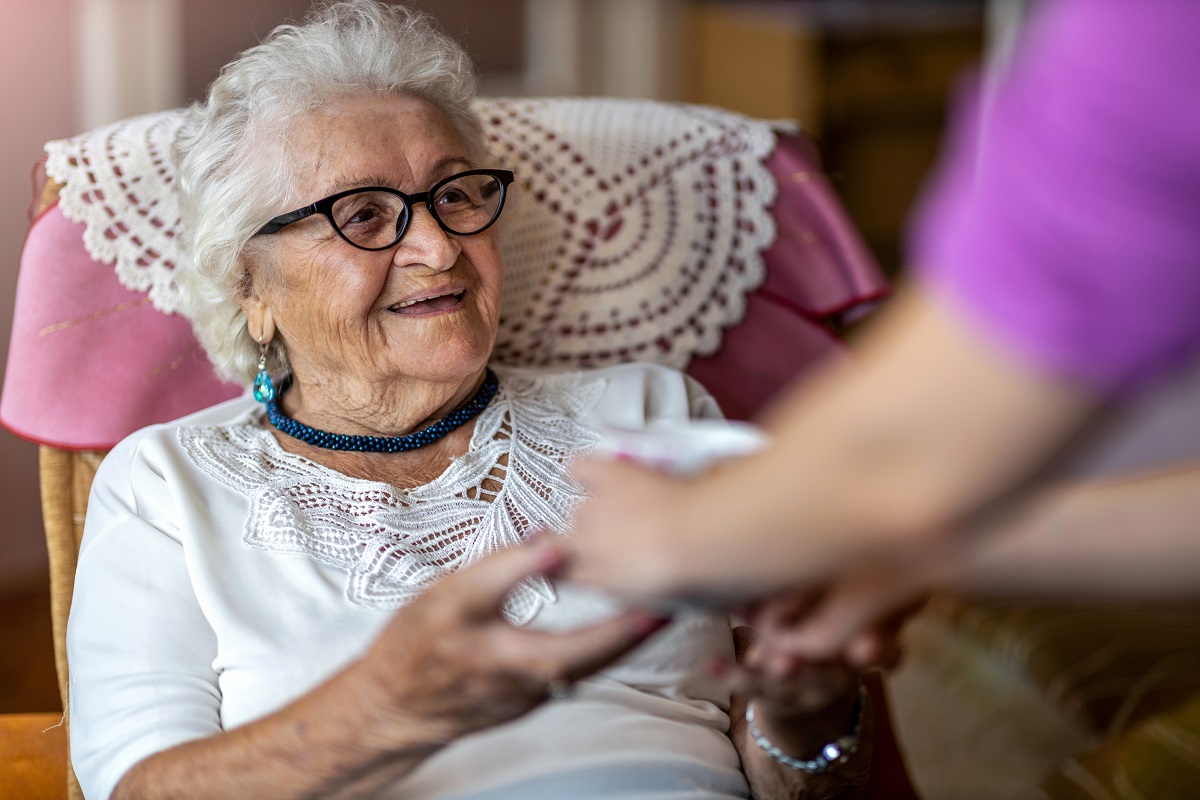Do you care for someone with dementia?
Caring for a loved one with dementia can be very rewarding, but there’s no denying it’s also hard work. Find out what might be involved…
Whether you’re feeling daunted or nervous about caring for someone with dementia, you will undoubtedly have many questions. But try not to worry because we’ve got lots of information here to help.
Ask yourself:
Am I really the right person to be doing this job? Or do I just feel I ‘should’ do it?
Deciding to be a carer is a very personal choice and one that only you can make, so if you’re feeling pressured into it by other people (or by your own guilty conscience) it’s time to stand back and weigh up the pros and cons carefully before going ahead.
Getting started
Creating a daily routine and care plan won’t only help your loved one feel safe and secure, it will also help you feel as if you’re achieving something – however small – each day. If the person you’re caring for is only mildly affected by dementia, planning activities might be quite straightforward, but it will probably get tougher. The more practice you have at keeping to a routine and knowing what’s achievable, the better. Remember, a stimulating day may help them sleep and reduce the risk of night time wandering, trips or falls.
Practical living
Making your home ‘dementia friendly’ is crucial. So take a good look at every room – from the bathroom, kitchen, lounge, bedroom and stairway and make sure they’re as safe as possible – you might be surprised by how little you need to do to prevent accidents. And don’t forget about the garden either. Your loved one could get huge enjoyment from even the smallest garden, providing it’s well thought out and safe.
Looking after yourself
Don’t underestimate how tough caring can be on your own health, both physically and mentally. Carers can run into personal difficulties with everything from back problems to eating well, stress, and depression. Try to avoid neglecting your own health because you ‘don’t have time’ to look after yourself. This is a very common issue with carers and it doesn’t help anyone in the long run. So make sure you have some ‘me time‘ every day, because it isn’t ‘selfish’ it’s essential.
Personal care
At some point in the dementia journey you may have to start doing more for your loved one than you might ever have anticipated. The thought of one day having to help your parent or partner to dress, bath themselves, or use the loo might be worrying or scary, but if you deal with it in a matter-of-fact way and learn the practical skills involved beforehand you might be surprised by how well you manage to deal with it.
Forget perfection
No matter how hard you plan and prepare, you will never be able to achieve perfection – so do yourself a favour and stop trying! Instead, just do your best to make sure the care you give is person centred and that your loved one remains as calm and contented as possible. If challenging behaviour occurs (and it still might) try not to panic or take it personally. Remember, it’s the illness talking, not your loved one and there is help available.
Carer check list
• Are you receiving all the benefits, grants or help from outside agencies, such as community nurses that you might be entitled to?
• Do you have your own support network? Meeting or talking to other carers who have some idea what you’re going through can be invaluable.
• Are you going out enough? Getting outside is good for you and your loved one. Whether it’s just a walk around a park or a trip to the local shops, aim to go out as often as you can.
• Is it time to stop? Caring for someone with dementia can be so difficult that nobody could possibly blame you if, at some point, you have to hand over to someone else, or start looking at care homes. This can be a very difficult decision for any carer, but it’s an important one to consider, particularly in the later stages of dementia when you might simply have to accept that your loved one needs more day-to-day assistance than you can offer, and it might be best for them – and for you – if you let go.
SHARE
Explore more




